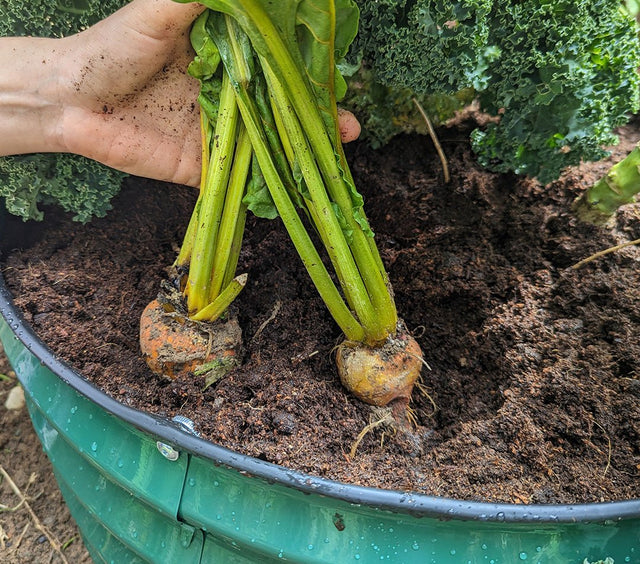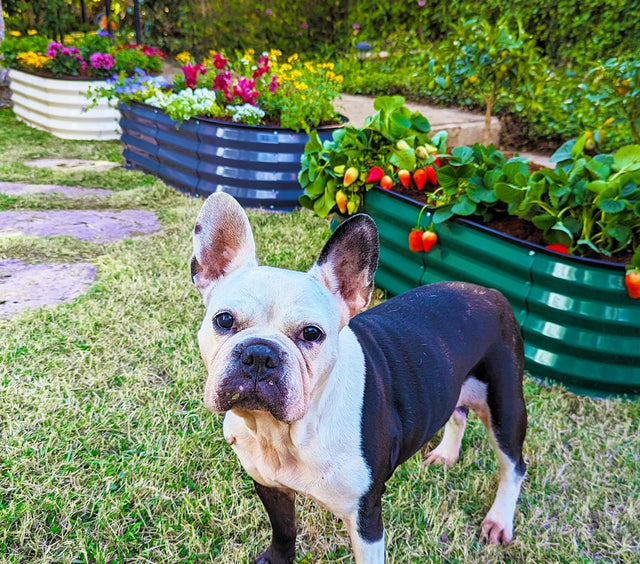Growing herbs can be a great way for beginners to start gardening as they are relatively easy to care for and can provide a variety of flavors to enhance your cooking. A raised garden bed can offer several benefits over planting herbs in the ground, including better soil drainage, fewer weeds, and less bending and kneeling. Here are some popular and easy-to-grow herbs for beginners:
- Basil: Basil is a warm-season herb that is easy to grow from seed. It prefers well-drained soil and full sun. Fresh basil leaves are often used in Italian and Mediterranean dishes, and it also repels mosquitoes.
- Cilantro: Cilantro is an annual herb that is easy to grow from seed. It enjoys well-drained soil and full sun. The leaves and stems of cilantro are commonly used in Mexican, Asian, and Indian dishes.
- Mint: Mint is a perennial herb that thrives on moist, well-drained soil and partial shade. Mint is versatile and can be used fresh or dried in teas, desserts, and savory dishes.
- Chives: Chives are easy-to-grow perennial herbs that are cold tolerant. They are a great herb for beginners because they are very hardy and can tolerate a wide range of conditions. They can be grown from seed, division or bulbs. The leaves and flowers can be used fresh or dried to flavor many different types of dishes.
- Oregano: Oregano is a perennial herb that is easy to grow from seed or cuttings. It likes well-drained soil and full sun, and is especially great to grow in a raised bed. Fresh or dried leaves are commonly used in Mediterranean and Mexican cuisine.
- Parsley: Parsley is a biennial herb, but it is often grown as an annual. It is easy to grow from seed, it prefers well-drained soil, and full sun to partial shade. The leaves can be used fresh or dried, and it is a great source of Vitamin K, which is important for blood clotting and bone health.
Keep in mind: Herbs can be susceptible to pests such as aphids, spider mites, and whiteflies. To keep pests under control, consider planting companion plants that can help repel pests naturally. Examples include marigolds, which can repel nematodes, and garlic, which can repel aphids and other pests.
When starting an herb garden, it is a good idea to start small in your raised bed, and only select a few varieties to begin with. This way, you can get a feel for how to care for the plants and have a chance to enjoy fresh herbs in your cooking while you learn. As you gain experience, you can always expand your herb garden and experiment with new varieties.
Happy gardening!
We’re here to help 24/7 if anything comes up.


